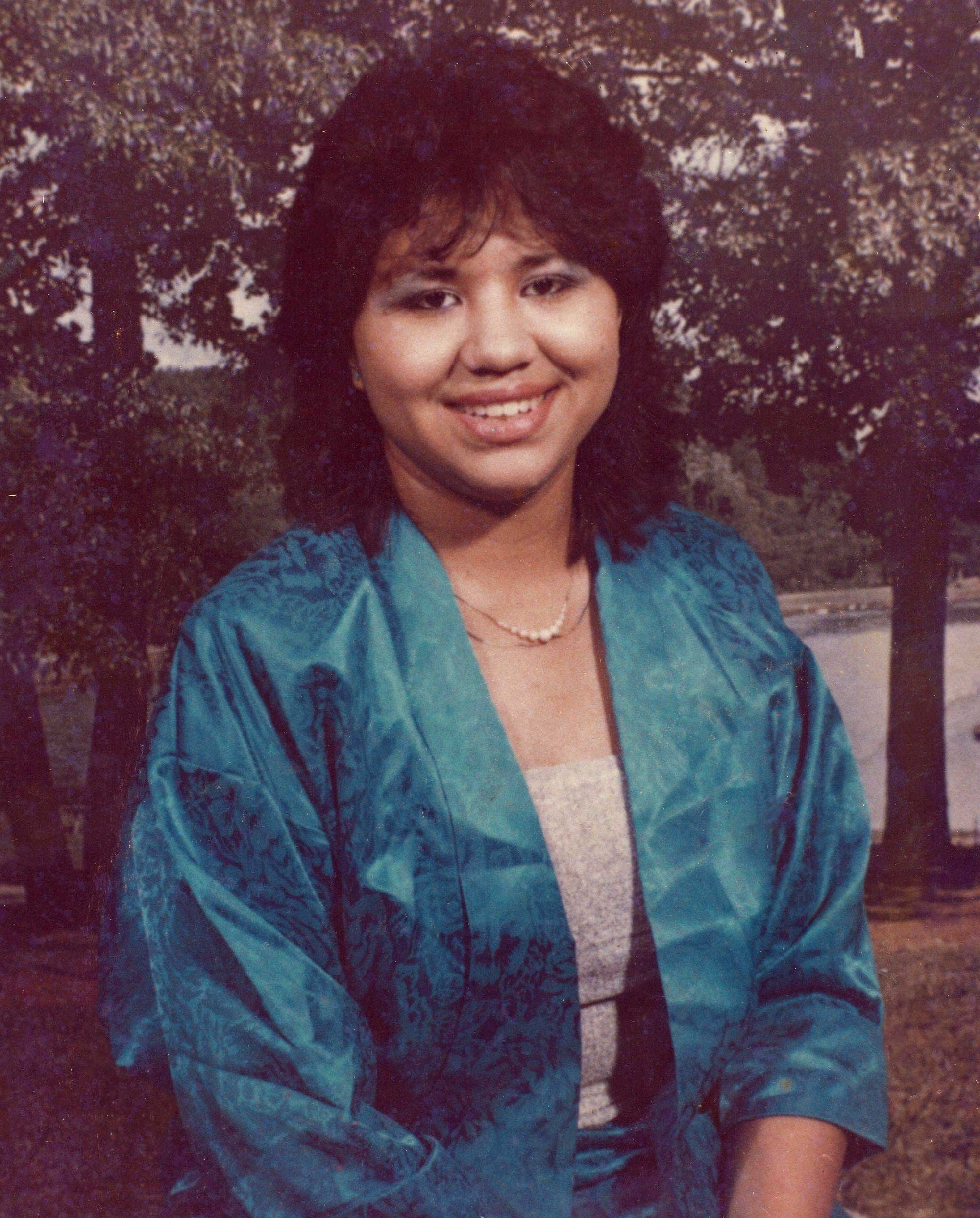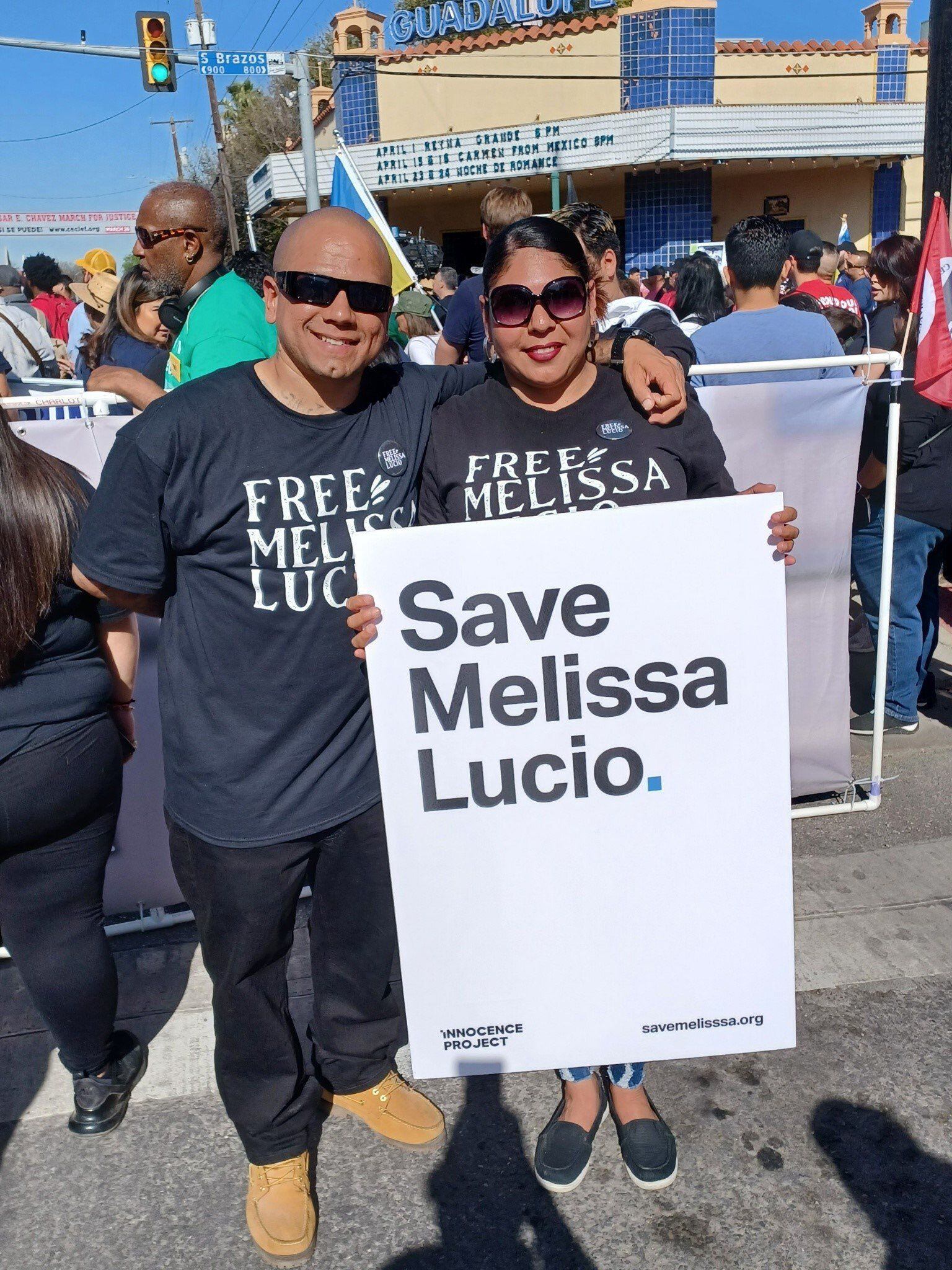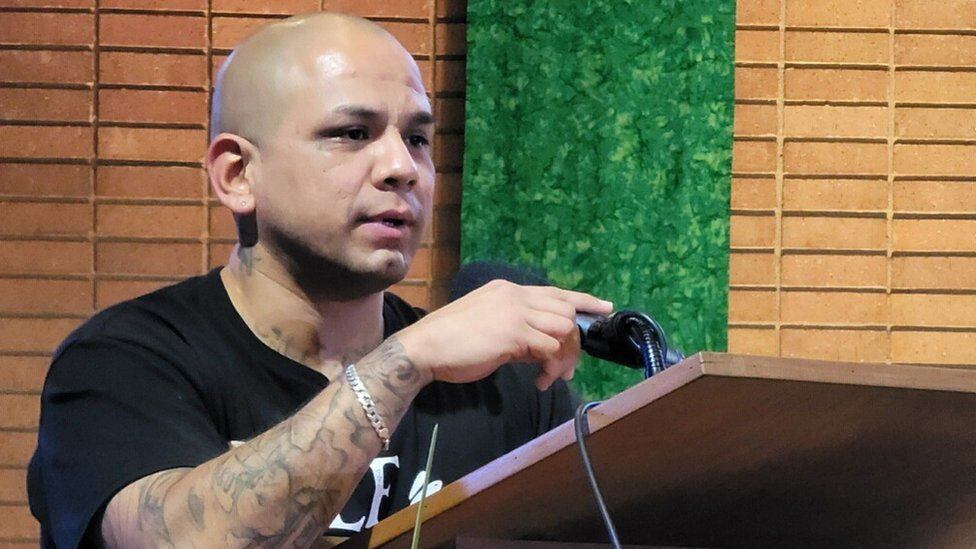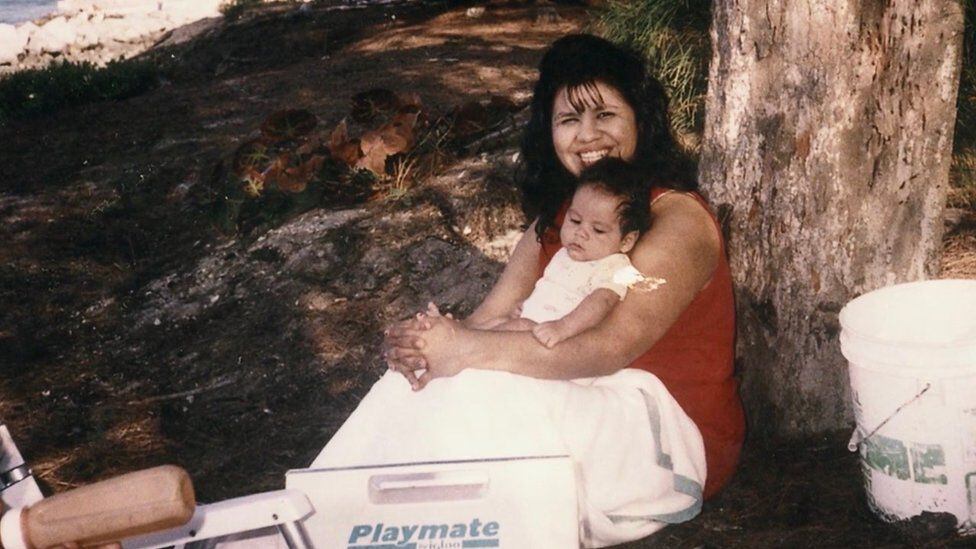This April 27, Melissa Lucio could become the first Latin woman to be executed in the state of Texas.
In 2008, she was found guilty by a Cameron County jury of the murder of her two-year-old daughter, Mariah Elizabeth Alvarez.
At the time, the jury found that Melissa had “beaten and tortured” her daughter to death.
However, now, after the Mexican-American has spent 14 years in jail, her lawyers maintain that a new review of the evidentiary material in the case shows that Melissa is innocent and that she was pressured into giving a confession under duress.
To get the execution stayed or at least stayed for an additional 120 days, Melissa’s defense filed a clemency petition with the Texas state board of pardons and bail.
The request, which has the support of more than 80 Democratic and Republican state legislators and four of the members of the jury that sentenced the woman at the time, must be approved by the board of pardons and by the state governor Greg Abbott.
Jurors who signed the clemency petition said they had “serious concerns” that information had been withheld from them during the initial trial, and said they supported a reduction in charges.
A life “in extreme poverty”
“We were a big family and we were very close,” John Lucio, Melissa’s eldest son, told BBC Mundo.
“Since this accident happened there has been a huge divide between all of us. It just hasn’t been the same these last 15 years.”
In 2007, Melissa led a difficult life in Cameron County, Texas, with her husband at the time, Robert Antonio Álvarez, and their 12 children.
In conversation with BBC Mundo, Sandra Babcock, one of Melissa’s defense lawyers, described the family’s situation as one of “extreme poverty”.
“They had their electricity cut off, they moved about 26 times in a 5-year period. Even for a while, the only access they had to water was through the hose from their neighbors or from the church,” says Babcock.
“They lived in a kind of poverty that is not normally associated with people living in the United States.”
“An accident”

According to Melissa’s statements to police, during one such move, on February 15, 2007, the child Mariah was left without adult supervision while her parents were busy.
At the time, the family lived in a small two-bedroom apartment on the second floor of a building located in the city of Harlingen.
Melissa explained during cross-examination that when she realized that Mariah was not in the apartment, she went looking for her and found her crying at the bottom of the stairs, with some blood on her lower teeth.
However, finding no other injuries, Melissa continued with the day’s tasks.
Two days later, on February 17, around 7 p.m., the girl’s father called 911 because Mariah was not breathing.
The 2-year-old had fallen asleep in her parents’ bed and would never wake up again.
The trial against Melissa

“What we saw at the time of her trial was that there was an eagerness to judge. Prosecutors and police assumed Melissa was guilty based on their assumption of what a grieving mother looks like,” explained Prof Babcock.
“It was not recognized that Melissa was experiencing symptoms of her traumatic disorder due to her lifelong experience of childhood sexual abuse and intimate partner violence.”
Moments after learning of her daughter’s death, Melissa Lucio was questioned by five police officers for more than five hours, not allowing her to eat, drink or sleep: “They harassed her and scolded her and yelled at her until she finally agreed to their demands and to the insistence that he was guilty of harming his daughter.”
“There should have been a free, exhaustive investigation and that was not what happened,” said the lawyer.
And despite the pressure of the agents, during the interrogation Melissa denied on more than 80 different occasions that she had murdered her daughter. The prosecutors’ case was based on the woman’s confession after harsh questioning, on the testimony of one of the officers, who said he was “sure” that she was guilty, and on the injuries Mariah’s body had. at the time of his death.
What is different today, says the defense attorney, is that for the first time since Melissa was sentenced, there was a scientific review of the evidence: “What we have found is that there is no scientific basis for her conviction.”
The Evidence Review

What Melissa’s defense has done during the appeal process has been to submit the evidence in the case, which Babcock argues was not taken into account during the initial trial, to a new review by an interdisciplinary group of recognized experts.
And during that analysis, the experts reached conclusions that give a new reading to the facts.
For example, for the renowned forensic pathologist Thomas Young, the injuries on Mariah’s body were consistent with a fall like the one Melissa described to police officers at the time, because the girl suffered from a rare disorder of coagulation.
In the clemency petition, Melissa’s defense also strongly criticized the methodology used by forensic specialist Norma Jean Farley, who testified during the trial that the only possible cause of Mariah’s death was abuse.
“Dr. Farley failed to consider Mariah’s previous medical history, which included difficulty walking and documented falls (caused by a disorder), as well as a previous traumatic brain injury; information about Mariah’s behavior days before she died , including excessive sleepiness and a loss of appetite, which were consistent with head trauma following an accidental fall,” the defense argued in the application.
According to the document, Dr. Farley also failed to take into account Mariah’s bleeding disorder during her testimony.
BBC Mundo tried to communicate with Dr. Farley’s office without success.
According to Melissa’s defense, clinical psychologist John Pinkerman was also not called to testify during the trial, who reviewed the videos of more than 5 hours of the woman’s interrogation and concluded at that time that Melissa’s psychological characteristics made her inclined to accept guilt due to the stress of the situation.
And for Pinkerman, when Melissa admitted to investigators “being responsible” within hours of her daughter’s death, she appeared to be taking responsibility for “the family’s entire pattern of medical abuse and neglect,” not for having beat his daughter to death.
what went wrong

Babcock told BBC Mundo that Melissa’s trial had had a myriad of errors that could have been avoided.
“Melissa had a court-appointed attorney because she couldn’t afford her own defense and her attorney wasn’t prepared,” the attorney said.
“The jury never saw the exculpatory evidence, in part because the attorney never gave the prosecution’s case a thorough examination, and because the prosecutors themselves were lazy and corrupt.”
The accusation of corruption, the lawyer argued, refers to the fact that the prosecutor in charge of the investigation was sentenced to 13 years in prison for his responsibility in a bribery scheme in the Texas judicial system. However, that conviction was not related to Melissa’s case.
“I think one of the reasons why so many people are offended is because you begin to peel back the layers and realize that it is a case of defense incompetence, it is a case of corrupt prosecutors, it is a case of injustice,” Babcock assured.
The disintegration of his family

At the time of his mother’s arrest, John was 17 years old.
“When all this happened, our family was divided. A cousin of my mother received custody of my little brothers, which was good because when they graduated from high school, they did very well in San Antonio, Texas,” says John.
“The grown-ups, who were close to coming of age, were the ones who lost. Being the eldest son was very difficult, not only because of the responsibility but because I wanted to see our family together again.”
At 32 years old, John says that he has been out of prison for a little over a year, and that for a time, he tried to organize his life: he went back to school, started running marathons and triathlons.
“But when I received my mother’s execution date on January 16, everything started to go wrong for me. It all became ‘what can I do for my mother?'”
“It was really hard. I couldn’t concentrate. I haven’t been running, I haven’t been training, I haven’t been meeting any of the goals I had for this year. And to go back to school, I’m going to have to see how things turn out.” with my mother”.
John has organized several sit-ins seeking his mother’s release and says he will continue to fight until the last moment.
“I’m not here to be yelling. I’m just here to do what I can for my mother. I would not want to have to do it, face this, but this has not only affected me, but my brothers as well.
Source: Elcomercio

:quality(75)/cloudfront-us-east-1.images.arcpublishing.com/elcomercio/GE4DCNRNGA2C2MBRKQYDAORRHA.png)

:quality(75)/cloudfront-us-east-1.images.arcpublishing.com/elcomercio/3BUVSGVV65HBFMVPWYRZS52PMM.jpg)
:quality(75)/cloudfront-us-east-1.images.arcpublishing.com/elcomercio/7V2Q6F3HZ5CHVLDO2LFINKUWCI.jpg)

:quality(75)/cloudfront-us-east-1.images.arcpublishing.com/elcomercio/KN76ID4A6NE4PFE4T2X6JP662A.jpg)
